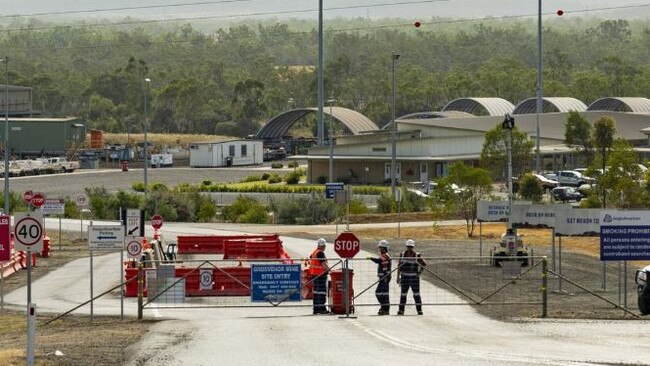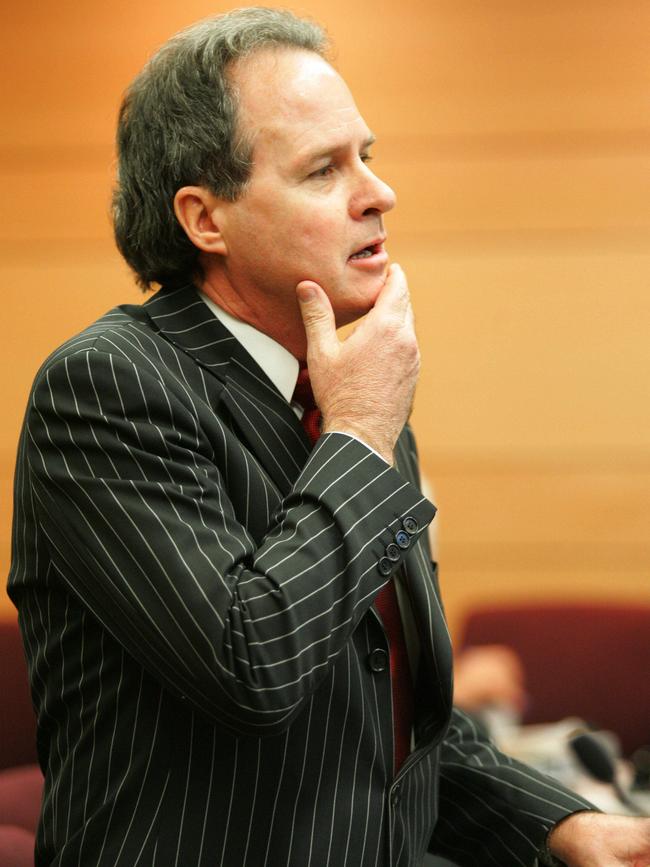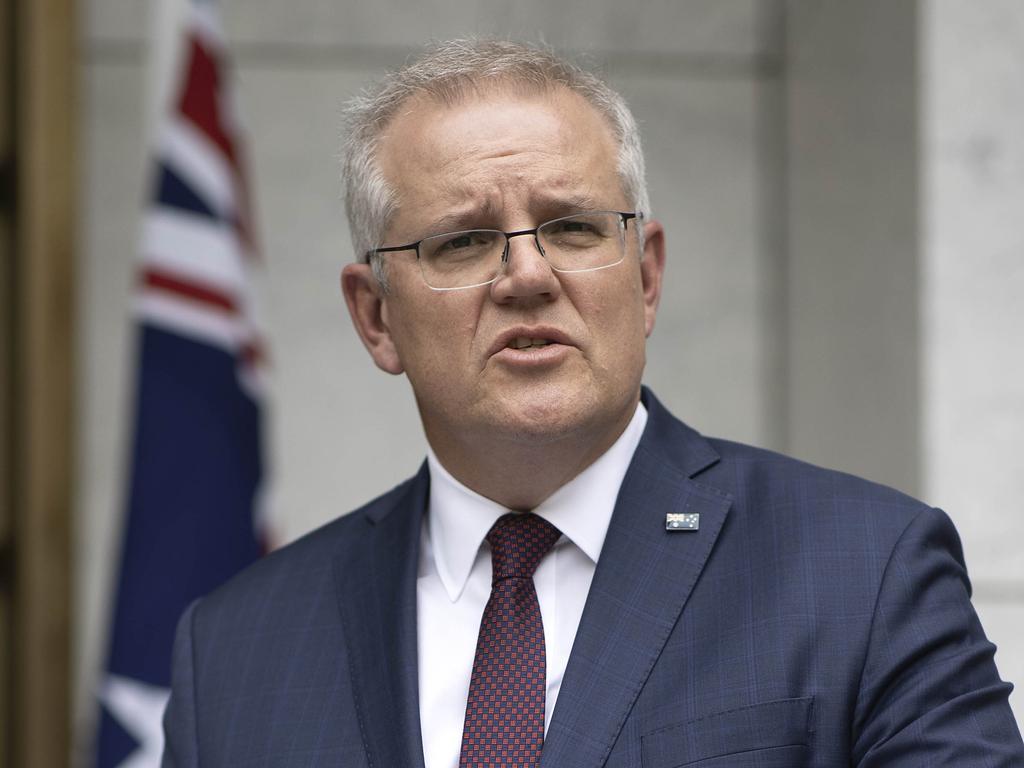Mine blast inquiry ‘seriously compromised’ by law loophole
The Grosvenor inquiry is ‘seriously compromised’ because it lacks the power to force witnesses to give evidence, says the retired judge in charge.

The retired judge heading an investigation into the devastating Grosvenor coalmine explosion in May has asked the Queensland government to change the law to allow his inquiry to force witnesses to give evidence, warning that without the power it is “seriously compromised’’.
Retired District Court judge Terry Martin, chair of the board of inquiry, told the Palaszczuk Labor government that unless it urgently changes the law, the cause of the explosion at Anglo American’s Grosvenor mine in May might never be discovered.
Five miners suffered terrible burns when methane ignited at the Grosvenor underground coalmine, near Moranbah in central Queensland, in May. An investigation by The Australian this year revealed the mine had recorded 98 “dangerously” high methane levels underground between early 2016, when the mine started operating, and the blast.
But the government’s specially convened board of inquiry has been hamstrung by a loophole in the law that should be fixed or risk this investigation and similar future probes, Mr Martin told The Australian.

Many potential witnesses, particularly Anglo American employees, have already claimed privilege against self-incrimination, and the board has no power to force them to give evidence.
“The board has already clearly stated that in the absence of the power to compel witnesses to provide all relevant evidence … the board’s capacity to inquire into the serious accident at Grosvenor mine is seriously compromised,” Mr Martin said.
“This power of compulsion is not novel. For example, it is provided for in the Queensland Commissions of Inquiry Act 1950, and the NSW Work Health and Safety (Mines and Petroleum Sites) Act 2013.
“However, such legislation cuts across a person’s fundamental right to silence. It follows that an amendment … would need to include suitable safeguards to protect a witness against the future use of that evidence.”
In his preliminary report, tabled in parliament, Mr Martin said the gap in the law compromised his ability to find the cause of the Grosvenor explosion and the probable causes of the previous high methane levels there.
“The absence of this power will also likely limit the effectiveness of future boards of inquiry.”
Mr Martin wrote to former Mines minister Anthony Lynham in late August requesting the law be changed, to no avail. A law change would allow witnesses to claim privilege against self-incrimination – meaning their evidence could not be used against them in a criminal or civil case – but still allow the board to compel the witness to talk.
Similar powers exist for coroners presiding over inquests, and for mines inspectors interviewing witnesses about safety incidents.
New Resources Minister Scott Stewart has said he would wait until the inquiry’s final report is delivered by May 31 before committing to adopting Mr Martin’s recommendations.
“I think it would be a little too premature at this stage to commit to those recommendations. We will wait until the second and final part of the report comes to us (in May),” Mr Stewart told budget estimates this month.
But unless parliament changes the law in its first sitting in February, it will be too late for the inquiry’s public hearings into the Grosvenor blast in March.
Opposition mines spokesman Pat Weir urged the government to work with the LNP from early next year to make the change.
“I’ve got no interest in playing politics with something that might cost a worker their life,” Mr Weir said.
In September, a spokeswoman for Anglo American said it supported the decision to delay further public hearings until 2021.








To join the conversation, please log in. Don't have an account? Register
Join the conversation, you are commenting as Logout